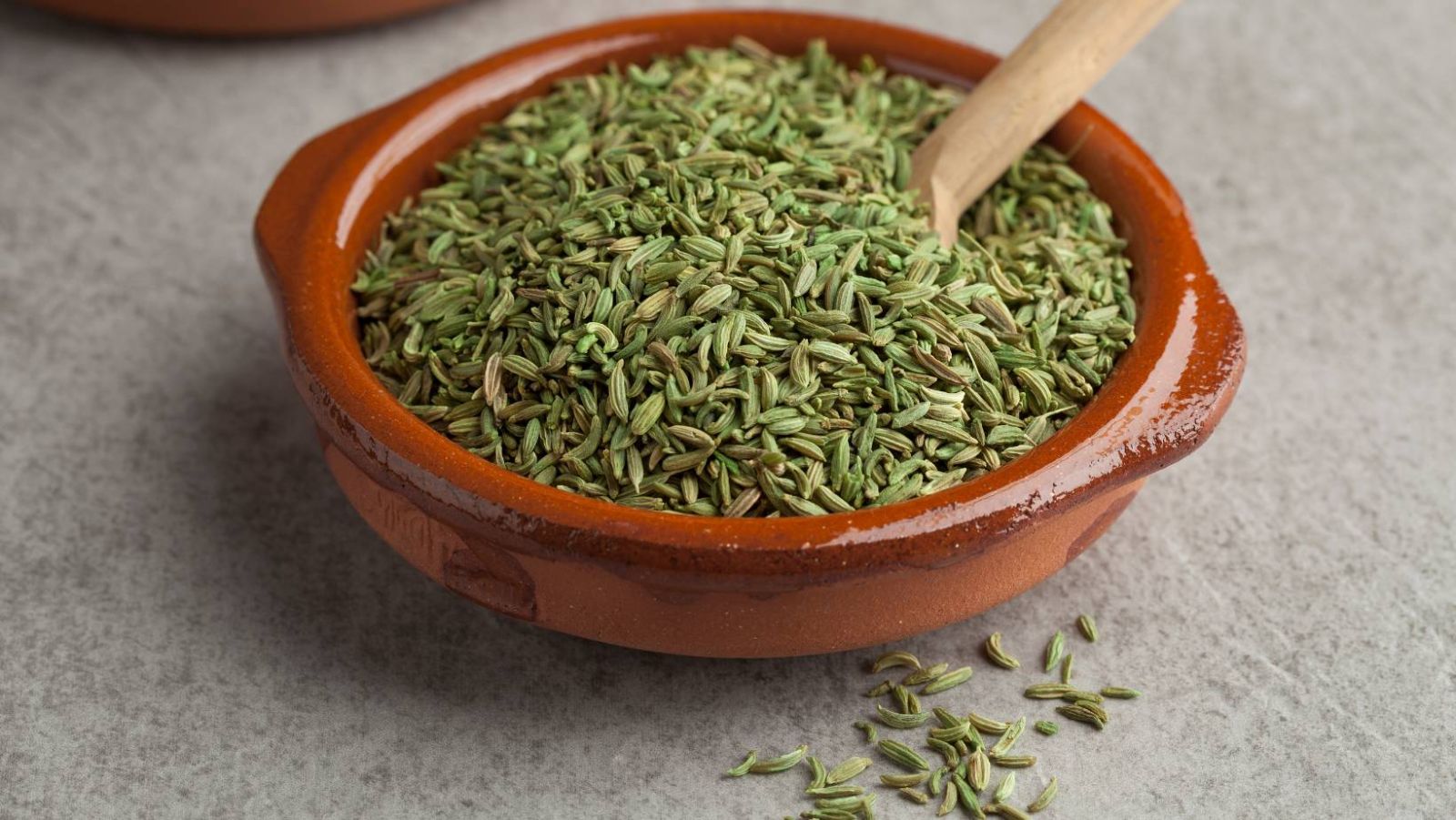Turmeric, the anti-inflammatory and anti-bloating spice
Highly prized in Indian cuisine, turmeric is much more than just a flavor enhancer. Its rhizomes contain valuable active compounds, particularly curcumin, with powerful anti-inflammatory and antioxidant properties. As an infusion, it helps soothe irritated digestive mucous membranes and reduces bloating and spasms. It’s also an ally for sluggish intestines and difficult digestion.
How to prepare a turmeric infusion?
Infuse 1 teaspoon of fresh grated or powdered turmeric in a cup of simmering water for 5 to 10 minutes. Strain and enjoy 2 to 3 times a day, preferably 30 minutes before meals. You can add a little black pepper to optimize the absorption of curcumin.
Angelica, the root that deflates the belly
Less known than turmeric, angelica is no less formidable against bloating and gas. Its root contains lactones and flavonoids that stimulate digestion, relieve cramps, and promote the elimination of air in the intestines. In gemmotherapy (bud macerate), it is particularly indicated for post-meal swelling.
How to use angelica?
In gemmotherapy, take 5 to 10 drops of angelica mother macerate in a little water before each meal. You can also prepare an infusion with 1 teaspoon of dried angelica root per cup of water, to be drunk 2 to 3 times a day. However, angelica is not recommended for pregnant and breastfeeding women.
Star anise, a gentle digestive
Also called badiane, star anise is recognizable by its pretty star-shaped fruits. Rich in essential oils, it boosts digestion, reduces intestinal fermentation responsible for gas, and helps relax spasms. Its slightly anise and licorice taste also makes it a delicious drink after heavy meals.
The star anise trick
To enjoy the digestive benefits of star anise, infuse 1 or 2 stars in a cup of hot water during your meal. Not only will this hydrate you, but the plant’s active ingredients will also act directly in your stomach. Repeat if you feel heavy in the afternoon.
Green anise, the friend of irritable bowels
Cousin of star anise, green anise is also a champion of digestion. Its seeds are full of anethole, an antispasmodic, carminative (gas-expelling), and even antibacterial compound. It’s a real relief for irritable and hyperpermeable intestines. And contrary to popular belief, its taste is rather mild and subtle.
Green anise, alone or in synergy
To enjoy the digestive virtues of green anise, infuse 1 teaspoon of seeds in a cup of hot water for 5 to 10 minutes. You can also mix it in equal parts with the other plants in this article to create your own custom digestive infusion. Those in a hurry can opt for the essential oil, using 1 to 2 drops on a neutral tablet 3 times a day.
FAQ: your questions about digestive plants
Can I give these plants to my children?
Turmeric and anise (star or green) can be consumed occasionally by children over 6 years old, with adapted doses. Angelica, however, should be avoided before age 12. If in doubt, ask your pharmacist or naturopath for advice.
How long do I need to take them to get relief?
The soothing effects of these plants are generally quick, sometimes from the first intake. But to act in depth on chronic digestive disorders, a minimum 3-week course is recommended. Don’t hesitate to alternate plants for optimal effectiveness.
Can I take them if I’m on medication?
Turmeric and angelica can interact with certain anticoagulant and hypoglycemic treatments. Similarly, anise is not recommended if you’re on hormone therapy or treatment for breast cancer. Always ask your doctor’s advice before consuming these plants if you’re on long-term treatment.
Where can I find these plants?
You can easily find turmeric, star anise, and green anise in organic stores, herbalists, or pharmacies. Angelica is rarer but available online or in some herb shops. Always choose plants from organic farming for optimal quality and safety.
What other natural solutions can help digestion?
In addition to these digestive plants, adopt a diet rich in soft fibers (cooked vegetables, ripe fruits), limit fermentable foods (dairy products, fatty dishes), and chew slowly to pre-digest food. Walking and certain yoga postures also help stimulate transit. Finally, learn to manage your stress, the number one enemy of peaceful digestion!
